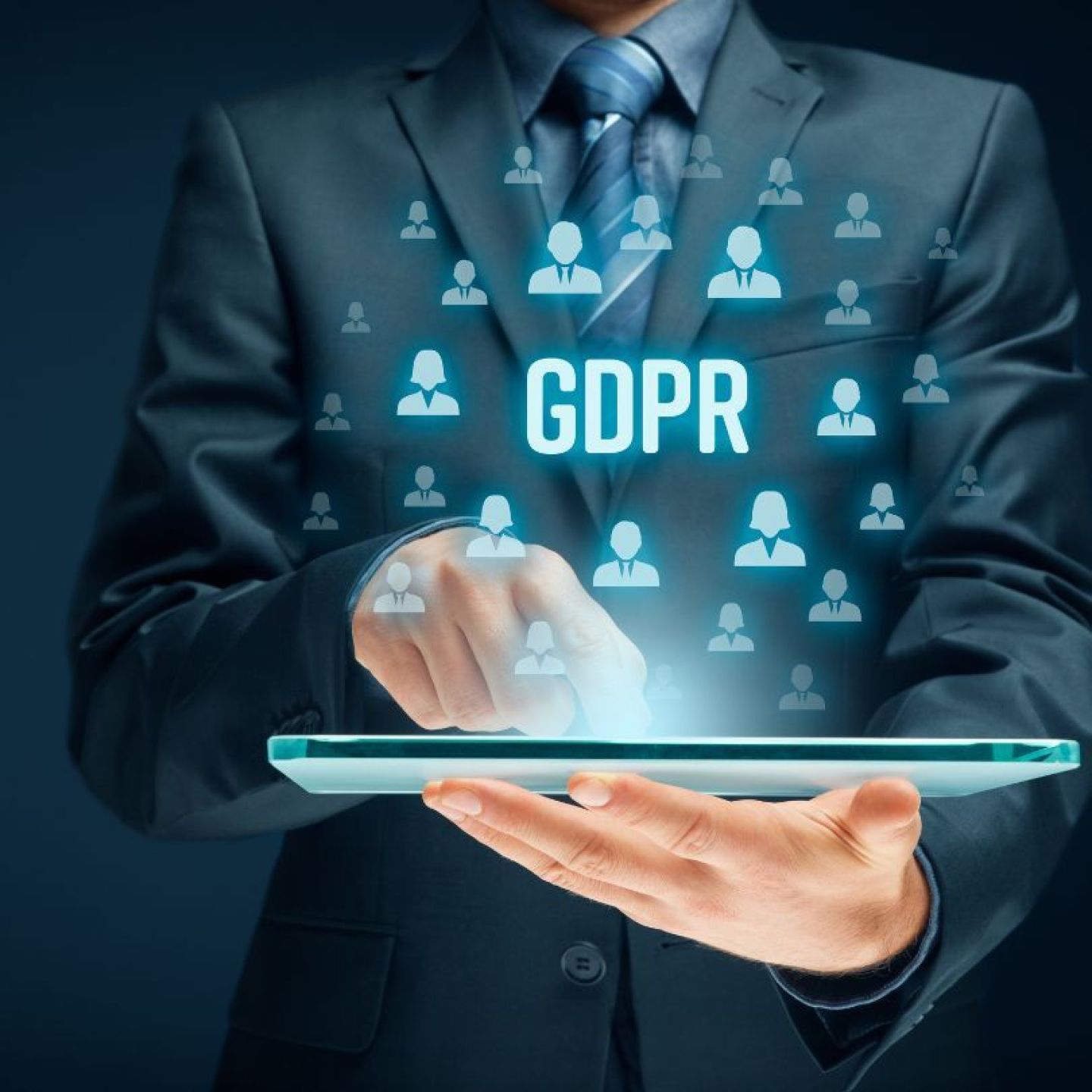
Our spy tools monitor millions of popup and pop-under from over 90+ countries and thousands of publishers.
Get StartedCookie consent is a legal requirement that demands websites to obtain explicit permission from visitors before collecting their data through cookies. As a marketer in 2025, you need to understand these fundamental concepts to maintain compliant digital advertising strategies.
The General Data Protection Regulation (GDPR) sets strict guidelines for handling personal data. These regulations directly impact your marketing activities:
Your advertising strategy must prioritize user privacy through:
A compliant approach to data privacy builds trust with your audience. Users appreciate transparency about how their information is collected and used. This transparency translates into improved brand reputation and stronger customer relationships.
However, it's important to remember that non-compliance with GDPR can result in fines up to €20 million or 4% of global annual revenue, whichever is higher. Protecting user privacy isn't just a legal obligation—it's a fundamental aspect of modern digital marketing.
As we navigate these complex waters of cookie consent and GDPR compliance, it's also essential to explore innovative digital advertising strategies. One such method that has gained traction is pop advertising, which has evolved significantly over the years from being seen as an annoyance to becoming an accepted form of online advertising. By understanding and leveraging these changes in pop advertising, marketers can create more effective campaigns while still adhering to the necessary legal requirements.
Cookies are small text files that websites place on your device to collect and store specific information about your browsing activities. These digital trackers serve as memory tools for websites, enabling them to remember your preferences, login status, and behavioral patterns.
html document.cookie = "username=John Doe; expires=Thu, 18 Dec 2025 12:00:00 UTC; path=/"
Cookies track specific user actions, including:
This tracking capability allows websites to create detailed user profiles, analyze website performance, and deliver targeted content. Modern tracking systems combine cookie data with other technologies to build comprehensive digital fingerprints of user behavior across multiple platforms and devices.
GDPR regulations require websites to obtain explicit user consent before collecting any non-essential cookies. This requirement is based on the user's right to control their personal data and understand how it is being used.
A valid cookie consent under GDPR must meet the following criteria:
Failing to comply with GDPR cookie consent requirements can lead to severe consequences, including:
Your cookie consent popup must actively block non-essential cookies until users provide explicit permission. Pre-ticked boxes, implied consent, or cookie walls that restrict access to content are not compliant with GDPR standards.
Data protection authorities regularly conduct compliance checks and investigate user complaints. Recent enforcement actions have targeted major companies, resulting in substantial fines for inadequate cookie consent mechanisms.
A well-designed cookie consent banner serves as your website's first point of interaction with users regarding data privacy. Here's what you need to include in your banner design to ensure GDPR compliance:
Your banner should avoid dark patterns - deceptive design elements that manipulate users into accepting all cookies. The interface must present choices equally, without highlighting the 'accept' option or making the 'reject' button harder to find.
Remember to implement a preference center where users can modify their cookie choices at any time. This feature demonstrates respect for user autonomy and maintains ongoing GDPR compliance through transparent data management.
Marketing strategies need to change significantly to meet GDPR compliance standards. Data protection is now at the heart of digital marketing operations, changing how businesses collect, process, and use customer information.
Many marketers find it challenging to balance personalization and privacy requirements. The solution is to use privacy-enhancing technologies and adopt transparent data practices. This approach helps build trust while still being effective in marketing.
A shift towards zero-party data collection methods allows marketers to directly gather valuable insights from willing customers. This strategy aligns with GDPR requirements and provides high-quality, consent-based data for marketing initiatives.
The ePrivacy Regulation 2025 brings significant changes to digital marketing practices. You'll need to adapt your strategies to meet these new requirements while maintaining effective marketing operations.
The regulation introduces opportunities for innovative marketing approaches. Companies embracing privacy-first strategies gain competitive advantages through increased user trust and brand loyalty.
The shift toward privacy-centric marketing creates space for creative solutions. Smart marketers are already exploring contextual advertising, privacy-preserving analytics, and enhanced user preference centers.
These changes reshape digital marketing landscapes. Businesses preparing now position themselves for success in the privacy-first future of 2025 and beyond.
Receive top converting landing pages in your inbox every week from us.
Tips & Tricks
A well-optimized landing page can make all the difference in your pop ad performance. Learn five proven techniques to boost conversions through better design, messaging, and user flow. Discover how to align ad intent with landing page content for a seamless experience that drives results. Perfect for advertisers looking to turn more clicks into customers.
Marcus Chen
7 minDec 23, 2025
Announcement
Keep your pop ad campaigns fresh and engaging with five creative visual ideas that combat ad fatigue. Learn how to use new design trends, dynamic layouts, and audience-tailored visuals to reignite interest. Discover how small creative tweaks can make a big impact on click-through and conversion rates. Perfect for advertisers looking to revitalize their pop ad performance and sustain momentum.
Liam O’Connor
7 minDec 17, 2025
Tips & Tricks
Expanding your pop ad campaigns globally requires the right geo-targeting strategies. Explore five proven approaches to scaling pop ads across different regions while maintaining strong performance. Learn how to adapt creatives, timing, and messaging to match local audiences and cultural nuances. Perfect for advertisers ready to take their pop campaigns to an international level with confidence.
David Kim
7 minDec 11, 2025




